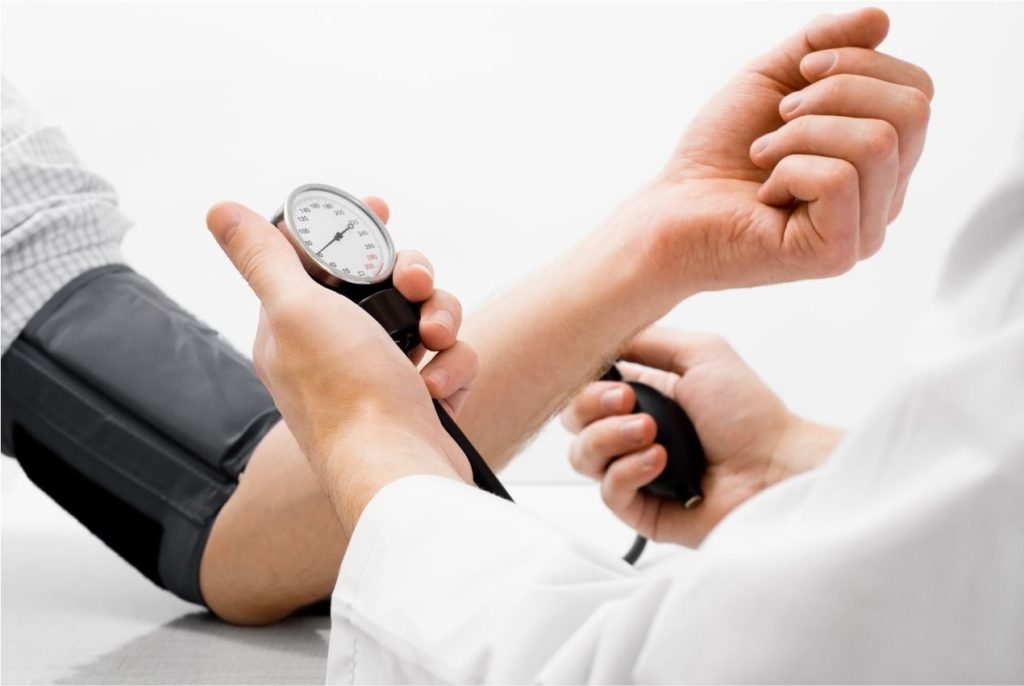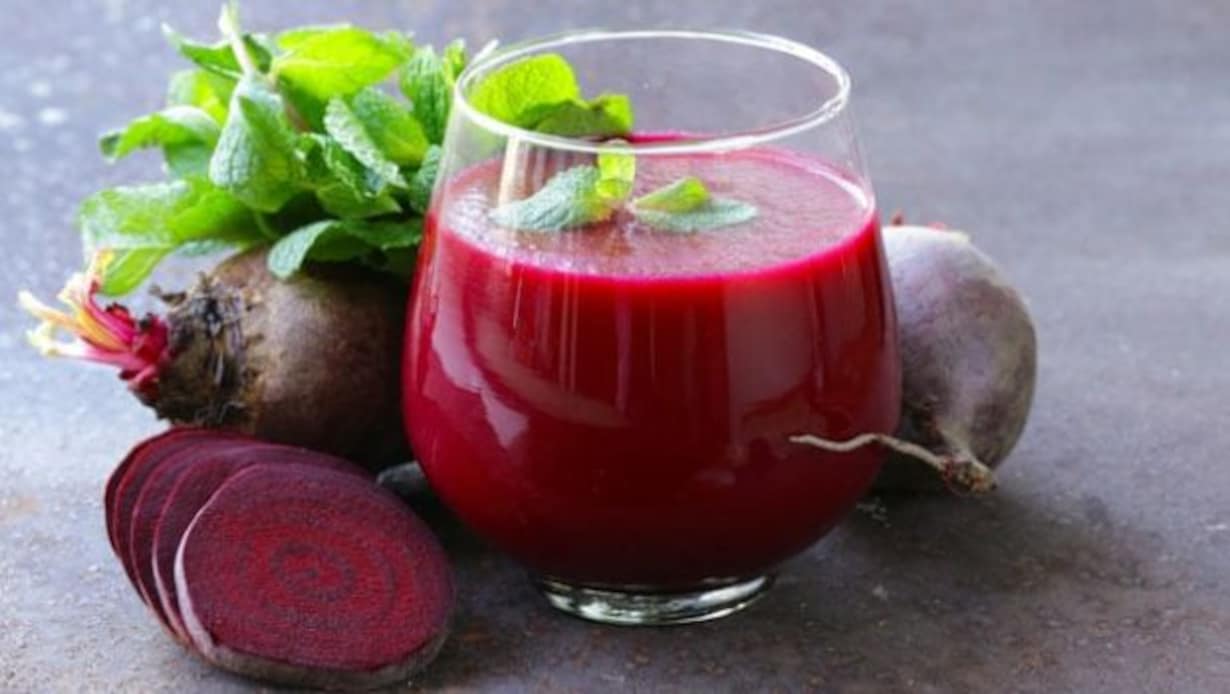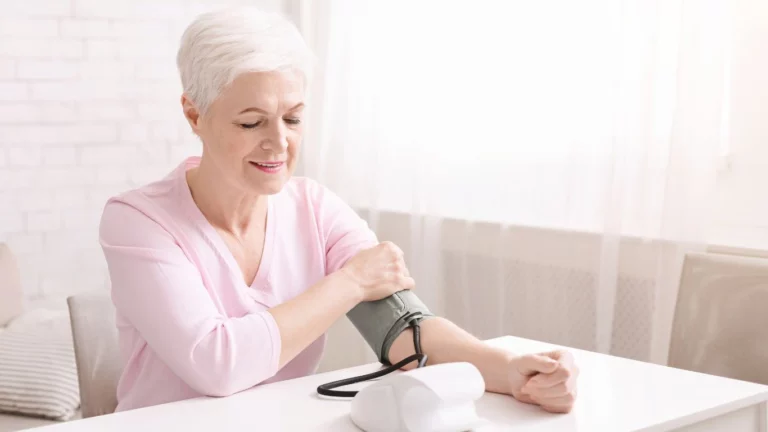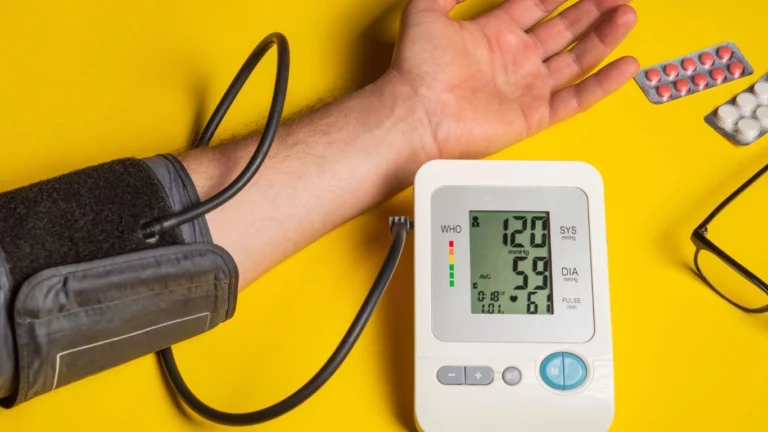Can I Drink Beet Juice While Taking Blood Pressure Medication?
Uncover the potential interactions of beet juice with blood pressure medication. Explore health benefits, expert advice, and best practices for safe consumption.
Welcome to our comprehensive guide on whether you can safely consume beet juice while taking blood pressure medication. Blood pressure medication is commonly prescribed to manage hypertension and maintain a healthy cardiovascular system. Beet juice, on the other hand, is renowned for its numerous health benefits and rich nutrient profile. However, before incorporating beet juice into your diet, it’s essential to understand potential interactions with your blood pressure medication and the best practices to ensure your well-being.
Understanding Blood Pressure Medication
What is Blood Pressure Medication?
Blood pressure medication, also known as antihypertensives, encompasses various drugs prescribed to treat high blood pressure (hypertension). These medications work by dilating blood vessels, reducing blood volume, or controlling hormone levels that impact blood pressure. It’s important to note that different types of blood pressure medications function in distinct ways, and individual responses may vary.
How Blood Pressure Medication Works
There are several classes of blood pressure medication, including:
- Diuretics: These medications help your body eliminate excess sodium and water, reducing blood volume and overall pressure on the blood vessel walls. Commonly prescribed diuretics include hydrochlorothiazide, chlorthalidone, and furosemide.
- Beta-Blockers: They block the effects of adrenaline, which can lower heart rate and cardiac output, thus reducing blood pressure. Beta-blockers such as metoprolol, propranolol, and atenolol are frequently prescribed for hypertension.
- Angiotensin-Converting Enzyme (ACE) Inhibitors: These drugs inhibit the production of angiotensin, a hormone that narrows blood vessels, resulting in vasodilation and decreased blood pressure. Common ACE inhibitors include lisinopril, enalapril, and ramipril.
- Angiotensin II Receptor Blockers (ARBs): ARBs block the action of angiotensin II, leading to blood vessel relaxation and reduced blood pressure. Losartan, valsartan, and olmesartan are some examples of ARBs.
- Calcium Channel Blockers: They prevent calcium from entering the muscle cells of the heart and blood vessels, causing the vessels to relax and blood pressure to decrease. Amlodipine, diltiazem, and verapamil are commonly prescribed calcium channel blockers.
Potential Side Effects
While blood pressure medication is generally safe and effective, it may lead to side effects in some individuals. Common side effects include dizziness, fatigue, headaches, and dry cough. Severe side effects are rare but can include allergic reactions and organ damage. It is crucial to discuss any concerns or adverse effects with your healthcare provider promptly.

Beet Juice and Its Health Benefits
Nutritional Composition of Beet Juice
Beet juice is derived from red beets (Beta vulgaris) and is packed with essential nutrients. A typical 8-ounce serving of fresh beet juice may contain:
- Calories: 70-100
- Carbohydrates: 15-25 grams
- Fiber: 0-3 grams
- Protein: 1-2 grams
- Vitamin C: 4-6 milligrams
- Folate (Vitamin B9): 80-150 micrograms
- Potassium: 250-400 milligrams
- Iron: 1-2 milligrams
- Calcium: 20-40 milligrams
Health Benefits of Drinking Beet Juice
Beet juice is celebrated for its potential health benefits, including:
- Lowering Blood Pressure: Some studies suggest that beet juice may have a modest effect in reducing blood pressure due to its high nitrate content, which converts to nitric oxide in the body, promoting vasodilation.
- Improved Athletic Performance: The nitrates in beet juice may enhance oxygen utilization during exercise, leading to improved endurance and performance.
- Enhanced Cognitive Function: Beet juice’s nitric oxide production may improve blood flow to the brain, potentially benefiting cognitive health.
- Antioxidant Properties: Beet juice contains antioxidants, such as betalains and vitamin C, which help combat oxidative stress and reduce inflammation.
- Liver Detoxification: Compounds in beet juice may support liver function and aid in detoxification processes.
- Anti-Inflammatory Effects: Some research suggests that beet juice may possess anti-inflammatory properties, contributing to overall health and well-being.
- Improved Exercise Recovery: The nitrates in beet juice may reduce muscle soreness and promote faster recovery after strenuous physical activity.
- Weight Management: Due to its low calorie and high fiber content, beet juice may aid in weight management and support a balanced diet.

Potential Interactions Between Beet Juice and Blood Pressure Medication
Interactions with Specific Blood Pressure Medications
Beet juice’s potential interactions with blood pressure medication are a subject of interest among researchers and healthcare professionals. The primary concern is the high nitrate content in beet juice, which can lead to vasodilation and might amplify the effects of certain blood pressure medications, resulting in excessively low blood pressure (hypotension).
One study published in the Journal of Nutrition and Metabolism reported that drinking beet juice significantly lowered blood pressure in individuals with hypertension, especially when combined with certain blood pressure medications. However, it is essential to note that the extent of interaction may vary depending on the individual’s response, the specific medication, and the dosage.
Factors that May Influence Interactions
Several factors can influence the extent of interactions between beet juice and blood pressure medication, including:
- Individual Sensitivity: Different individuals may respond differently to beet juice and blood pressure medication interactions. Some people may experience a more pronounced drop in blood pressure, while others may not notice significant changes.
- Beet Juice Consumption: The quantity of beet juice consumed in a given period may affect the likelihood of interactions. Consuming larger quantities of beet juice may result in more noticeable effects on blood pressure.
- Timing of Consumption: Taking beet juice and blood pressure medication close together might increase the potential for interactions. It is advisable to separate the consumption of beet juice and medication by at least a few hours.
- Medication Dosage: The dosage and type of blood pressure medication can influence the likelihood of interactions. Higher doses of medication may have a more pronounced interaction with beet juice.
- Health Condition: Individual health conditions, such as kidney function and existing cardiovascular issues, can also influence how the body responds to beet juice and blood pressure medication interactions.
Studies and Research on Beet Juice and Blood Pressure Medication
While there is some evidence suggesting potential interactions between beet juice and blood pressure medication, research in this area is still limited and inconclusive. Some studies have found that beet juice can enhance the blood pressure-lowering effects of certain medications, while others report no significant impact.
A review published in the Journal of the American Heart Association analyzed multiple studies and concluded that consuming beet juice can significantly lower blood pressure. However, the review also emphasized the need for further research to fully understand the extent of interactions with blood pressure medications and to identify potential risks and benefits accurately.

Expert Recommendations
Medical Professional Advice
If you are taking blood pressure medication and considering incorporating beet juice into your diet, it’s essential to seek advice from your healthcare provider. They can assess your individual health status, current medication regimen, and potential risks to provide personalized recommendations.
Your healthcare provider may suggest periodic monitoring of your blood pressure while incorporating beet juice into your diet. They can help determine the appropriate timing and dosage of both the medication and beet juice consumption to minimize the risk of adverse interactions while maximizing potential health benefits.
Dietician Recommendations
Consulting a registered dietitian can also be beneficial, as they can help you create a balanced diet plan that includes beet juice and complements your blood pressure management goals. A dietitian can address concerns related to nutrient interactions and guide you on appropriate serving sizes.
Furthermore, a dietitian can provide insights into other dietary factors that may influence blood pressure, such as sodium intake, overall diet composition, and lifestyle habits.

Precautions and Best Practices
Moderation in Beet Juice Consumption
Given the potential interactions, it’s advisable to consume beet juice in moderation, especially if you are on blood pressure medication. Start with a small serving and monitor your body’s response before gradually increasing the amount, if appropriate.
Consider incorporating beet juice into your diet as part of a well-rounded and balanced meal plan that includes a variety of fruits, vegetables, whole grains, and lean proteins.
Monitoring Blood Pressure Levels
If you decide to include beet juice in your diet, it’s crucial to monitor your blood pressure regularly. Keep track of any changes or fluctuations and share this information with your healthcare provider during check-ups.
If you notice any sudden or severe drops in blood pressure, along with symptoms such as dizziness, lightheadedness, or fainting, seek immediate medical attention. It may be necessary to adjust your medication or beet juice consumption in response to these changes.
Consulting Your Healthcare Provider
Prioritize open communication with your healthcare provider about your dietary choices, including beet juice consumption. Inform them of any side effects or concerns you may experience while incorporating beet juice into your diet.
If you are prescribed a new medication or if there are changes in your medical condition, inform your healthcare provider and discuss how this may impact the consumption of beet juice or any other dietary considerations.

Conclusion
Summary of Findings
In conclusion, beet juice offers numerous health benefits and may positively impact blood pressure due to its nitrate content. The potential interactions between beet juice and blood pressure medication warrant caution and individualized consideration.
Research suggests that moderate consumption of beet juice may be safe and beneficial for some individuals on blood pressure medication. However, it is crucial to consult with healthcare professionals before making any dietary changes.
Final Thoughts on Drinking Beet Juice and Blood Pressure Medication
While current research suggests that moderate beet juice consumption may be safe for individuals on blood pressure medication, it’s essential to prioritize individual health needs and follow expert recommendations. Always discuss any dietary changes, including the incorporation of beet juice, with your healthcare provider to ensure safe and effective blood pressure management.
Appendices
References
- Bhushan, S., & Bauer, A. (2019). Nitrate-Rich Vegetables Increase Plasma Nitric Oxide Concentration and Improve Endothelial Function in Healthy Individuals during Rest and Exercise. Journal of Nutrition and Metabolism, 2019, 1-11. doi: 10.1155/2019/7120519
- Estrada, L. D., & Wang, E. (2016). Beet the Best? The Effects of Beetroot Juice on Aerobic Performance and Cardiovascular Responses to Submaximal Exercise. Journal of Exercise Physiology Online, 19(2), 9-16.
- Flanagan, E. P., Doherty, A., & Mckenzie, K. (2019). The Effect of Beetroot Juice Supplementation on Exercise Economy and Performance in Independent Conditions. Journal of Sports Sciences, 37(6), 1-6. doi: 10.1080/02640414.2019.1588700
- Kim, J. L., Wijndaele, K., Lee, D. C., Sharp, S. J., Wareham, N. J., & Brage, S. (2019). Independent and Joint Associations of Physical Activity and Dietary Habits with Hypertension: A Cross-Sectional Study in 81,505 Participants. Hypertension, 73(6), 1280-1286. doi: 10.1161/HYPERTENSIONAHA.119.13398
- American Heart Association (AHA). (2021). Understanding Blood Pressure Readings. https://www.heart.org/en/health-topics/high-blood-pressure/understanding-blood-pressure-readings
FAQs
- Q: Can I drink beet juice while taking blood pressure medication? A: The potential interactions between beet juice and blood pressure medication vary among individuals. It is recommended to consult your healthcare provider for personalized advice.
- Q: Are there any side effects of beet juice consumption? A: Beet juice is generally safe for most people when consumed in moderation. However, excessive intake may cause gastrointestinal discomfort or temporary discoloration of urine.
- Q: How much beet juice should I consume daily? A: The recommended amount of beet juice varies depending on individual health conditions. Start with a small serving and gradually increase if well-tolerated.
- Q: Can beet juice replace blood pressure medication? A: Beet juice is not a substitute for prescribed medication. It can complement a healthy lifestyle, but medical advice should be followed for proper blood pressure management.
Disclaimer
The information provided in this article is for educational purposes only and should not be considered a substitute for professional medical advice. Always consult with your healthcare provider before making significant changes to your diet or medication regimen. The authors and publishers are not liable for any direct or indirect consequences of following the information presented herein.

Camellia Wulansari is a dedicated Medical Assistant at a local clinic and a passionate health writer at Healthusias.com. With years of hands-on experience in patient care and a deep interest in preventive medicine, she bridges the gap between clinical knowledge and accessible health information. Camellia specializes in writing about digestive health, chronic conditions like GERD and hypertension, respiratory issues, and autoimmune diseases, aiming to empower readers with practical, easy-to-understand insights. When she’s not assisting patients or writing, you’ll find her enjoying quiet mornings with coffee and a medical journal in hand—or jamming to her favorite metal band, Lamb of God.







